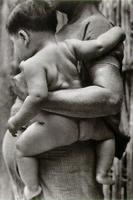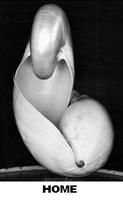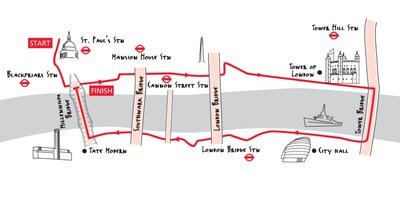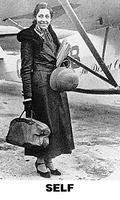The Lady of Burma*

On June 19th 2006, Burma's democracy leader, Aung San Suu Kyi, celebrated her 61st birthday. She is now in her eleventh year of detention. She isn't allowed to see family or friends as all visitors are banned. Her phone line is cut and her post is intercepted. More about her bio...
How we can help.(c) Campaigning for Human Rights and Democracy in Burma
* A play is dedicated to this amazing woman at the Old Vic Theatre in London, on Sunday 12 November.
















